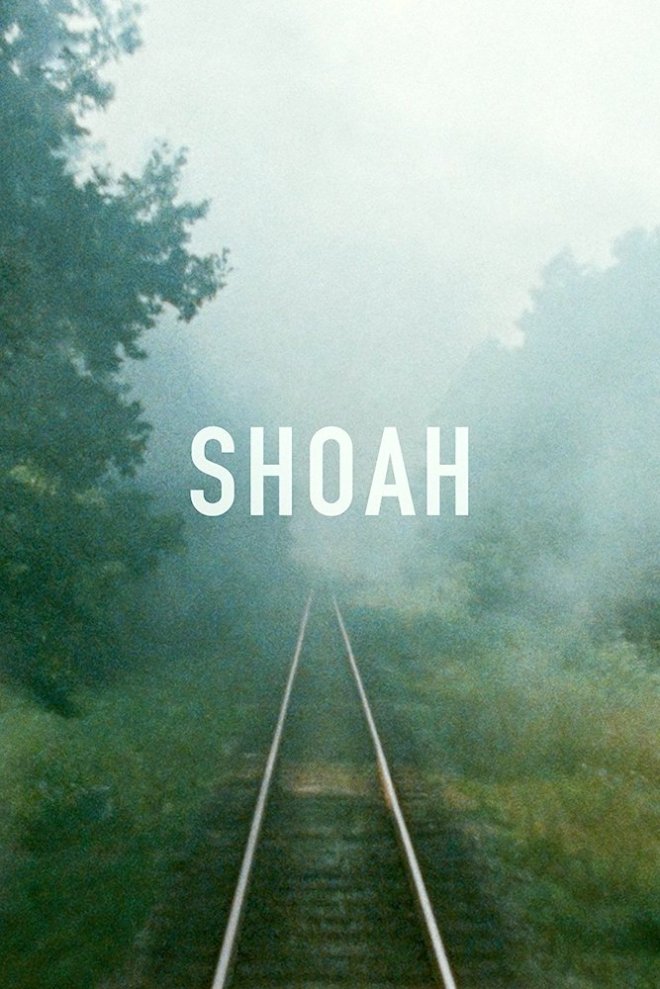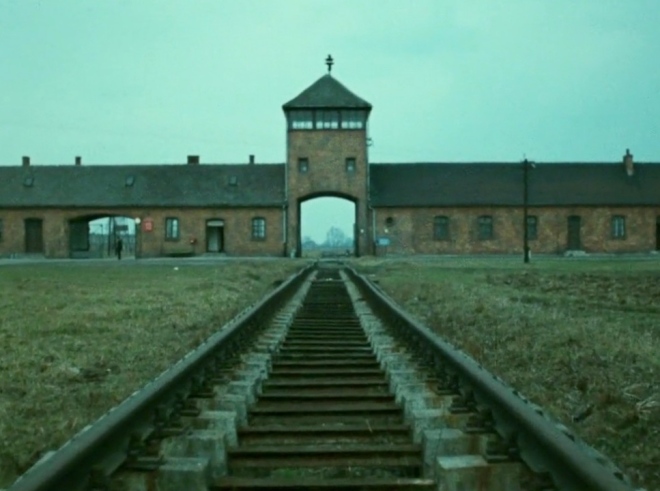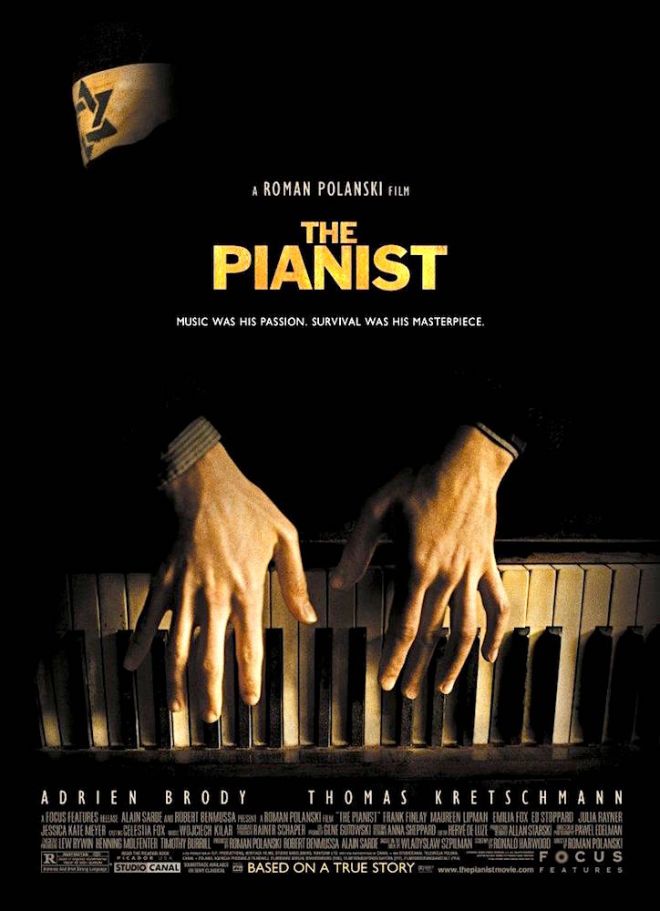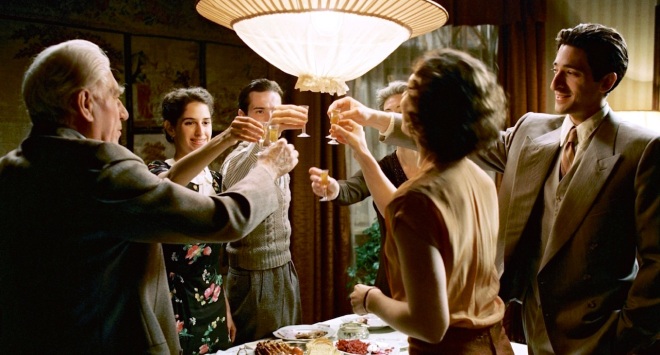
A monumental 9½ hours epic that was 11 years in the making, Shoah is the definitive film about the Holocaust that presents a vital slice of human history without employing a single frame of archived footage in its imagery and paints an extraordinarily grim, utterly devastating & emotionally shattering account of the greatest evil of modern times through the collective testimonies of survivors, witnesses & even German perpetrators to cement its spot amongst the greatest & most essential documentaries to ever grace the film canvas.
Shoah finds director Claude Lanzmann & his crew on an ambitious mission to create something truly unprecedented. It is an exhausting investigation of the murder of 6 million Jews by the Nazis during the Second World War and attempts to provide a meticulously detailed portrait of the extermination process through the first-hand accounts of selected Holocaust survivors, bystanders & former Nazis (who were secretly filmed through hidden cameras) and although emotionally overwhelming at times, it is never morbid.
The entirety of the recorded document revolves around three topics. First is the Chełmno extermination camp where mobile gas vans were first used to murder Jews. Second deals with the massacre that was carried out on a daily basis at the death camps of Treblinka & Auschwitz-Berkenau. And the third is concerned with Warsaw Ghetto where Polish Jews were stacked into before they were all transported to the concentration camps. The shot of the interviewees are often replaced with modern footage of the aforementioned camps as they are describing the barbarity that unfolded there.
Accompanied by a translator, Lanzmann conducts the interviews in an encouraging but thorough manner, insisting on the minutest of details from the interviewees even when they break down while recounting the darkest periods of their lives. His persistence to get the most out of these people may seem cruel & disrespectful to some but it really helps in reflecting the gravity of the situation these survivors found themselves in and the suffering they underwent, plus the matching of their testimonies to the crime scenes that the film regularly cuts to adds a tremendous weight to the whole material.
Much is known about the Holocaust from historical records & written material but to get a first-hand perspective of it from the people who were actually there and watched it unfolding right in front of their eyes carries greater significance than anything captured on camera. Many of the events they describe in intricate detail is so disturbing & unfathomable that it is even difficult to imagine, and the pain of reimagining all that is even more gruesome. It is absolutely harrowing on few occasions but there are also times when it’s life-affirming and beautifully demonstrates the value of a human life, which was quite surprising.
Lanzmann also interviews Holocaust historian Raul Hilberg and the clarity & conciseness with which the notable scholar breaks down the Nazi’s Final Solution greatly assists in understanding the careful planning & secrecy with which the genocide was carried out. Shedding more light on how the extermination process was executed once the Jews reached the camps is former SS Franz Suchomel who was stationed at Treblinka during the war, while the grisly details of the gas chambers, how it worked & the rate at which those victims’ bodies were reduced to ashes are provided by the surviving Sonderkommandos, the Jewish work force that was tasked to dispose the corpses.
Shoah isn’t an easy sit by any means. Its 9½ hours of final print, derived from 350 hours of raw footage, is exhausting & emotionally draining but none can deny its importance. The very absence of archived materials & reliance only on oral recordings allows the viewers to imagine the unimaginable portrait entirely by themselves, and it is as powerfully moving as it is haunting. An interest in the subject matter does make the ride easier & engaging to an extent but it’s an epic remembrance that deserves to be seen by all. Undeniably the quintessential film about the Holocaust, definitely one of the most shattering human documents ever recorded, and arguably the greatest documentary in existence, Claude Lanzmann’s magnum opus is essential viewing in every sense of the word.


